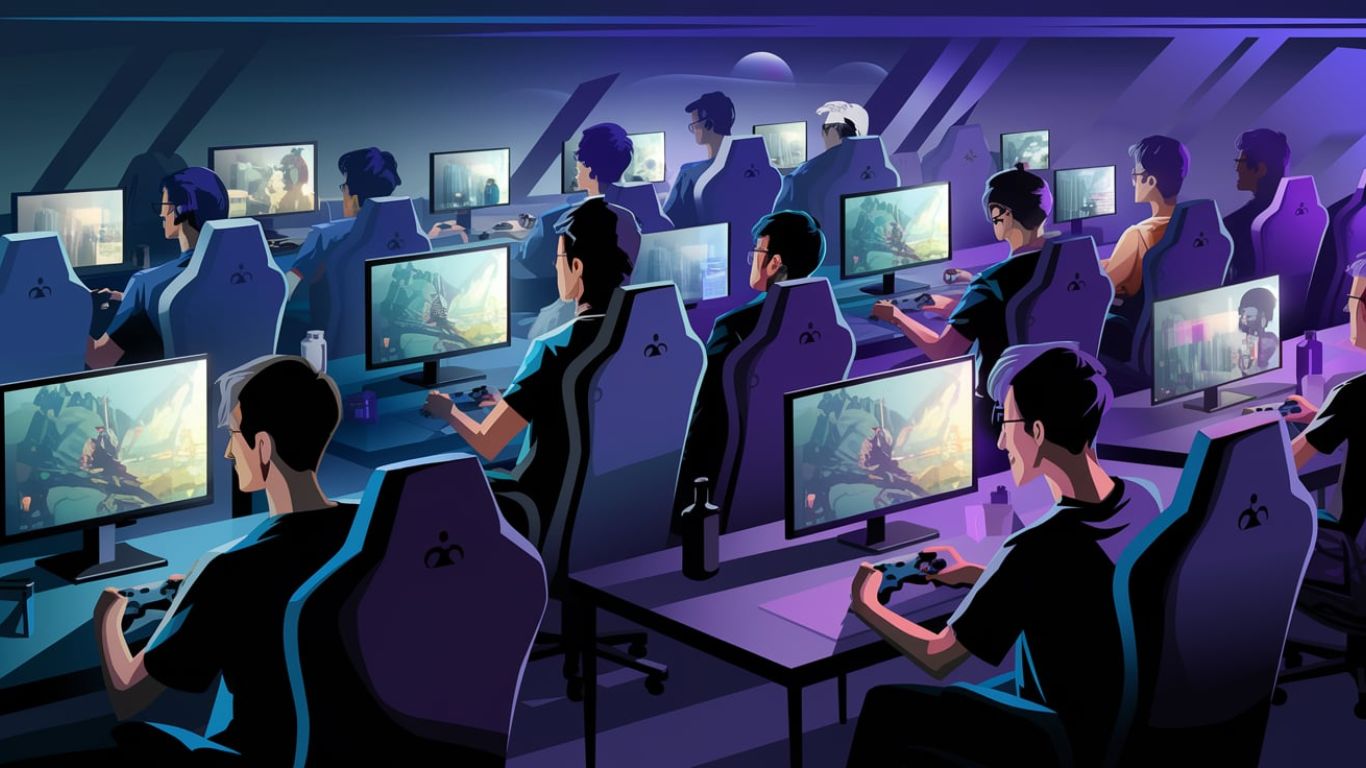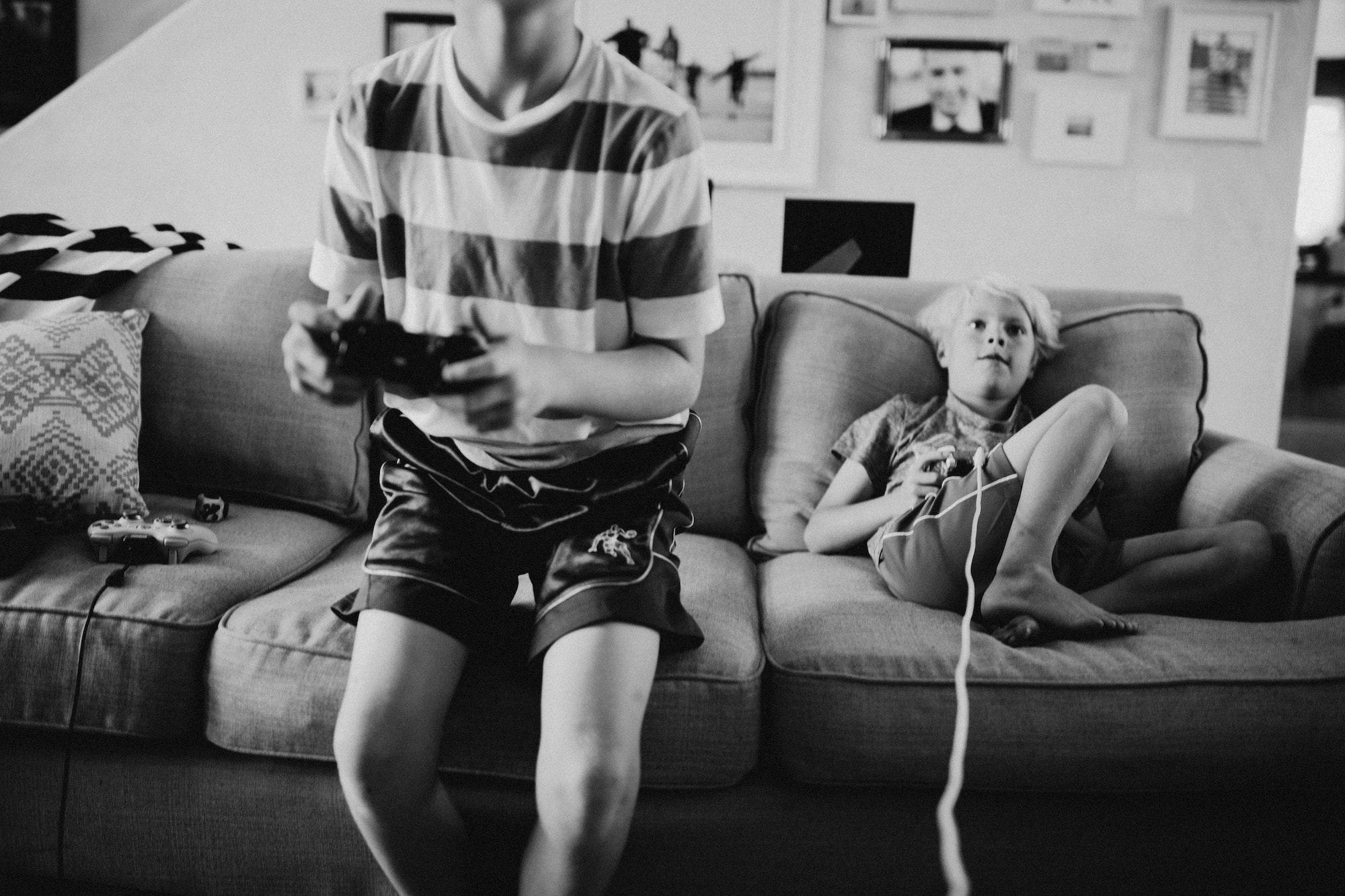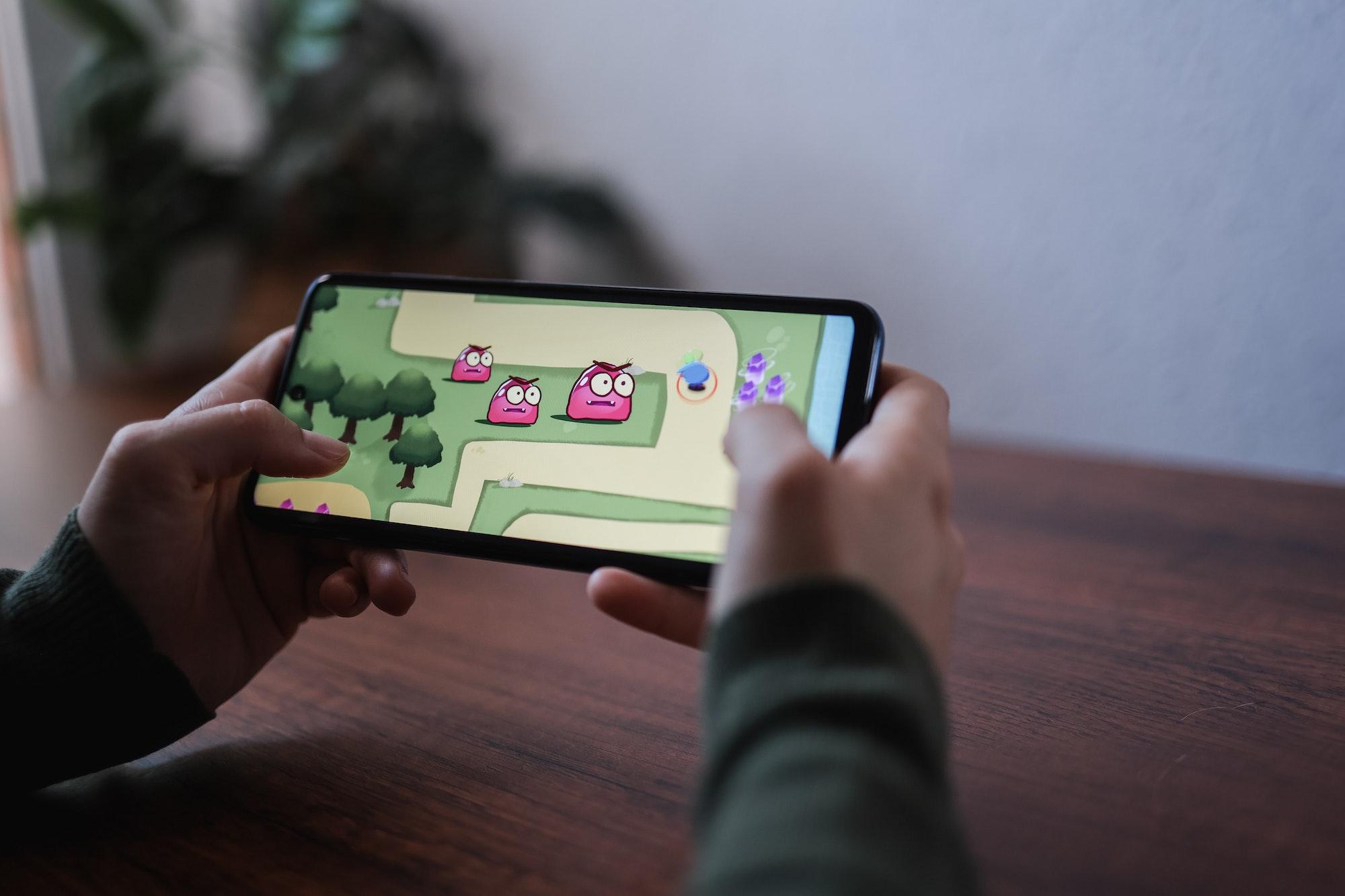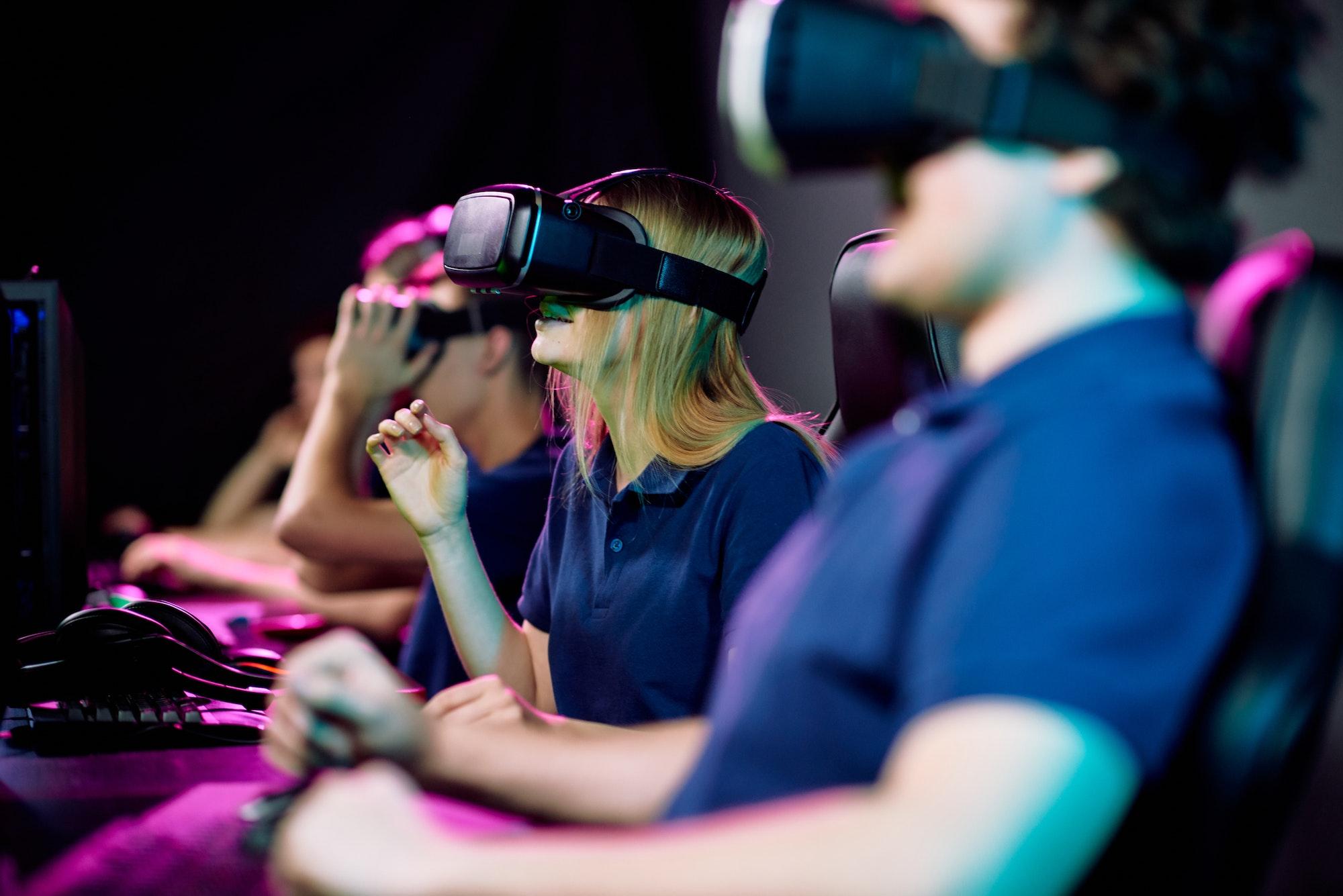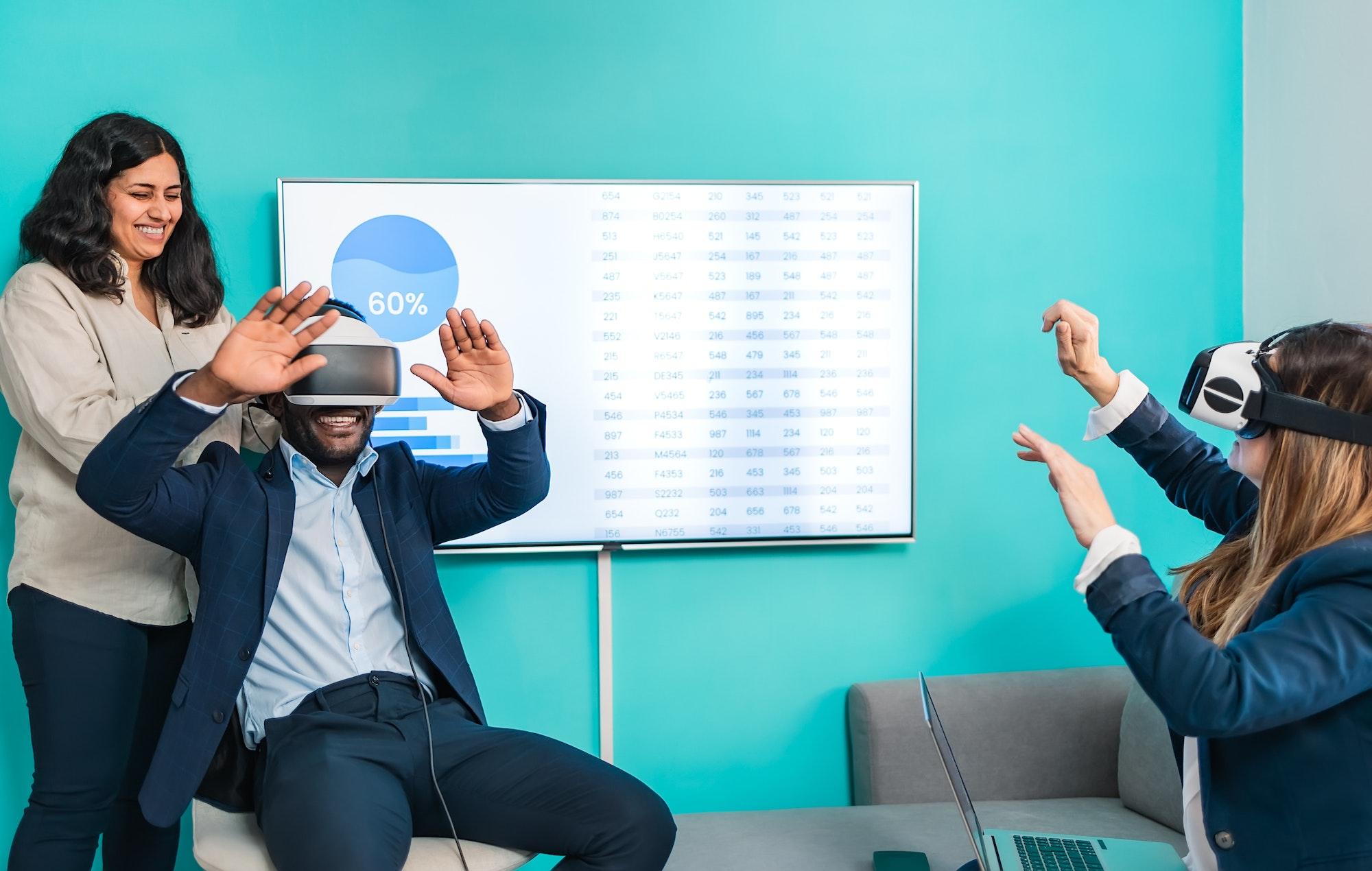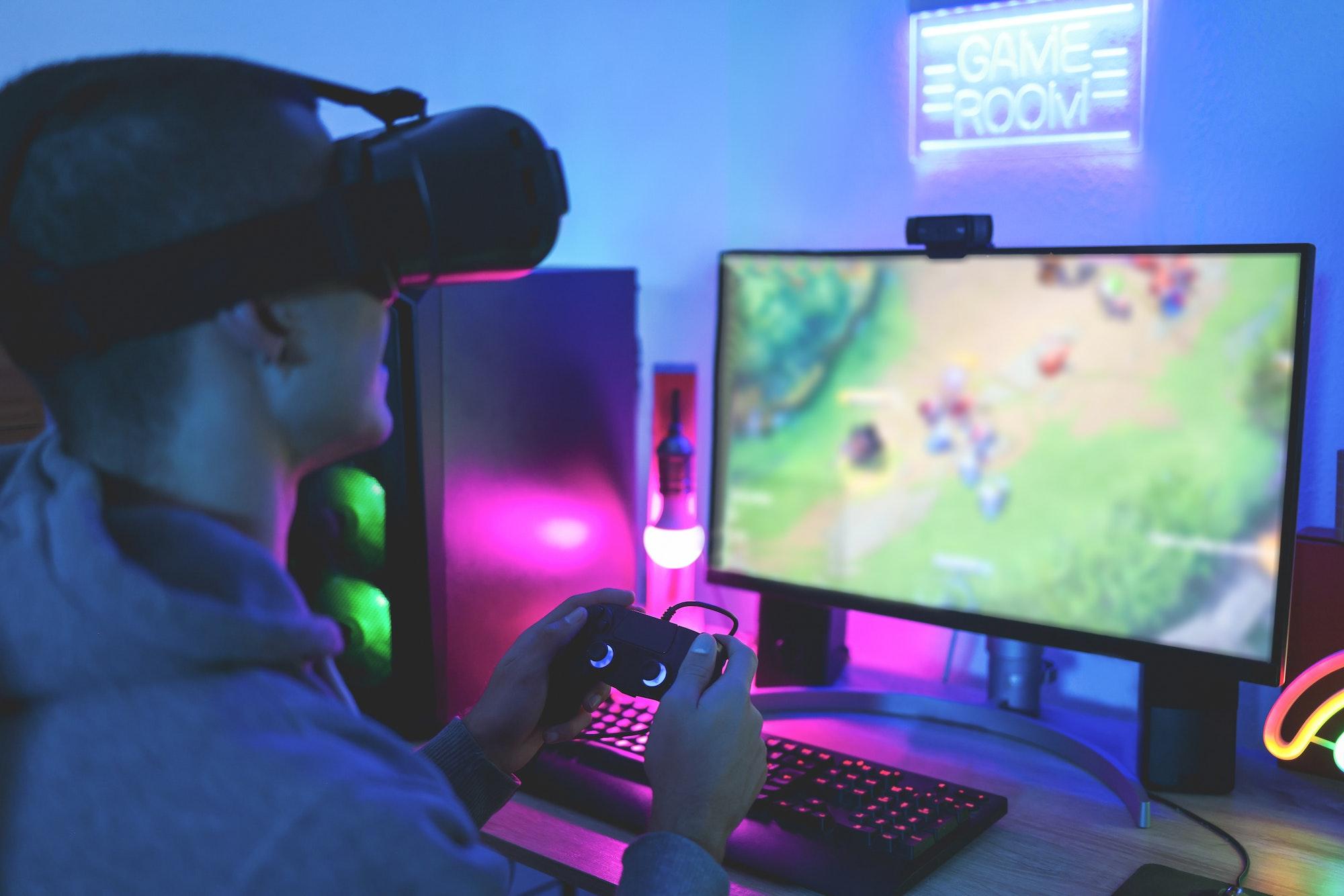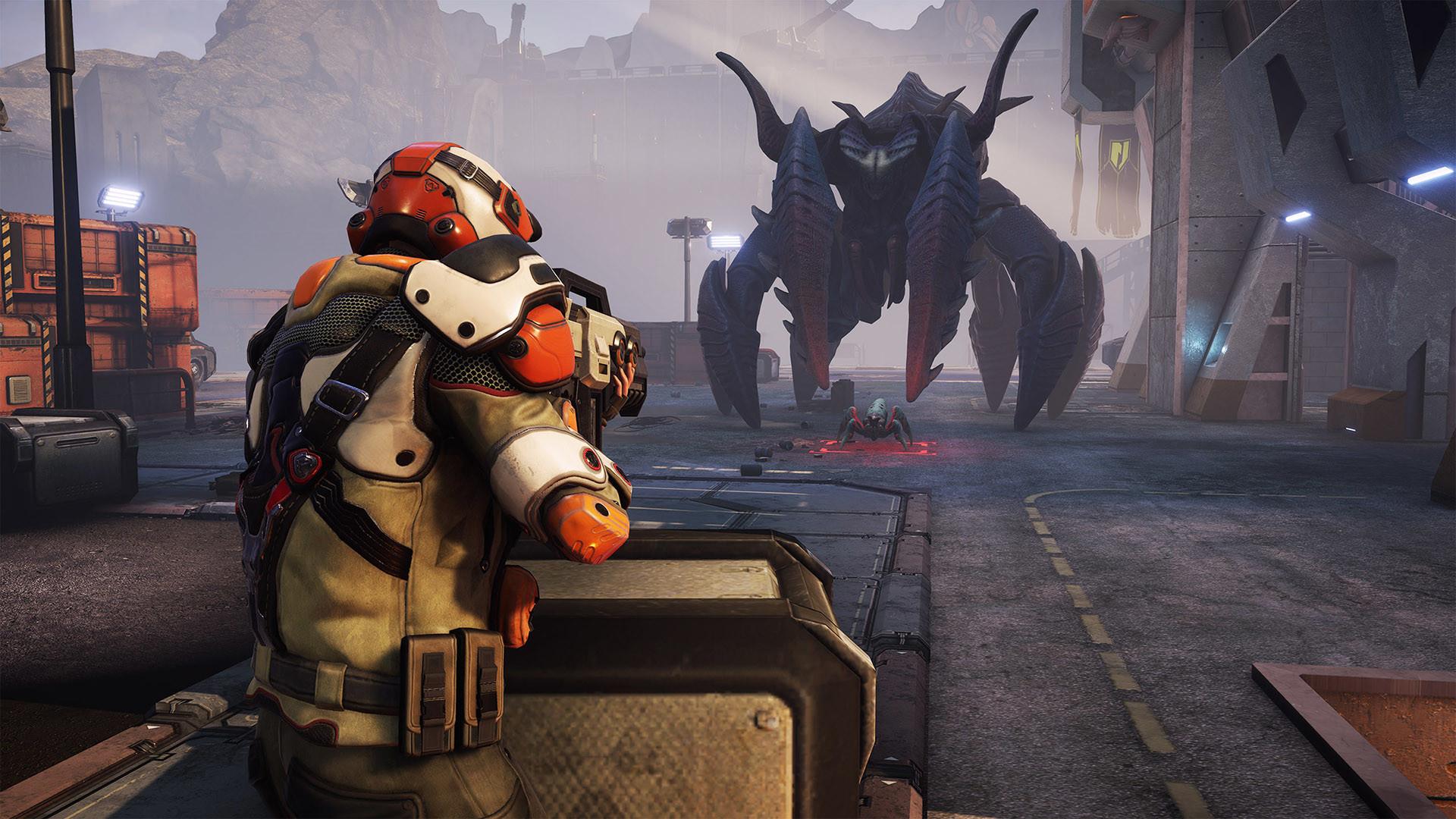
Peter used to spend as much time as he could with his baby sister playing computer games. Peter continued to play well into adulthood, and his enthusiasm for gaming grew even stronger. He began playing on legacy gaming platforms with his friends and making new friends. Gamers became his people, and gaming created a community around him. Peter is now an Xbox Ambassador, and he enjoys assisting fellow gamers. But What is the relation between Peter and Gamers’ Mental Health?
When Peter’s sister died abruptly due to complications following surgery, gaming provided a haven from the pain. He’d play games when he felt like it, and he’d occasionally talk about his problems with his gamer pals. Many of them contacted him to express their support.
1- Gaming’s Effects on Mental Health
Gaming takes your mind off things for a short time, which is beneficial and can help with the Gamers’ Mental Health.
It can also have a significant impact on your mental health. The friends you make can be helpful. Learning from video games provides you with social scripts that you can use in your everyday life. Like others worldwide, Peter has resorted to gaming to deal with the loneliness and worry of the previous year.
A recent Microsoft study looked into gaming and mental health during the pandemic. It was as part of the Xbox Research Accessibility Community Feedback Program, which comprises players with impairments. According to the poll, 84% of respondents agreed that gaming had a beneficial impact on their mental health. 71% said gaming made them feel less alienated.
Those findings are especially poignant because, 16 months into the pandemic, May became Mental Health Awareness Month worldwide. Researchers have recognized the benefits of gaming for mental health even before the epidemic. Game makers have recently begun portraying mental illness in games in more considered and less stigmatizing ways than in the past.
2- Gaming is Good for your Mental Health
Video games can help people suffering from mental illnesses relax, connect with others, and feel competent. Kelli Dunlap confirms this. She is a clinical psychologist with a master’s in game design. Games are fantastic at making us feel like our choices count, and that we have control over the environment around us. These qualities are essential for mental health in general, but we don’t get enough of them in our daily lives. Even if you don’t mind your job, it’s unlikely that you’re getting all of the mental health vitamins you need. As a result, games can be highly beneficial in addressing demands that might otherwise go unmet.
Games can help patients with severe mental illness overcome self-defeating narratives that typically accompany disorders like anxiety and depression. When our brains tell us, “You’re no good, you’ll never do anything, and you’re useless.” People rarely have that experience when playing video games. Video games make you feel like you’re the hero, Master Chief, protecting the universe from cosmic space zombies. You can do it, and you’ll get frequent feedback about how well you’re doing and how far you’ve come.
3- Gaming Mental Illness & Trauma
Negative mental illness themes are thrown around in the popular culture. According to Dunlap, the brilliant mad scientist or psycho killer has been present in video games since the early 1980s. However, she claims that the video game industry is ahead in portraying mental illness more positively than film and television.
– Addressing Psychosis through Video Games
In their lifetime, studies expect about half of all Americans to get a diagnosable mental disease. It could be at least one individual playing video games in 75% of American households. When Dom Matthews and Tameem Antoniades set out to create Hellblade, they focused the game on a character who suffers from psychosis. They thought Senua’s unusual manner of interacting with and understanding the world would make for an exciting game and adventure. But they were well aware of the dangers of taking on such a misunderstood disorder.
As a result, Matthews and Antoniades, Ninja Theory’s co-founder, reached out to Paul Fletcher. A professor of health neuroscience who specializes in psychosis at the neighboring University of Cambridge. Fletcher gave a talk to the project’s development team about psychosis and connected them with others who had gone through it. Matthews and his team would visit the group and listen to their stories before attempting to recreate content. Then they’d return to the group and show them what they’d created, asking for input. Instead of just adding content, the team employed binaural audio, a method of recording sound. This combines two microphones to produce a 3D effect, to reflect how patients with psychosis hear sounds from various directions.
– Challenging Stigma: Depicting the Complexities of Psychosis
Similarly, while psychosis can be a horrible experience, it can also have periods of joy and warmth. Senua walks into a brightly lit scene steeped in splendor and color, which reflects this reality. The sequence was one of the women in the group’s favorite parts because it depicted the “sheer beauty” that sometimes accompanies madness. Critics widely praise Hellblade, and he earned numerous prizes, including one from the Royal College of Psychiatrists. But messages from fans meant the most to Matthews, which were put together in a poignant video. Senua’s journey made them feel seen and understood, less alone. The game gave voice to what they’d felt but couldn’t say.
Conclusion
Only recently have game makers begun to address mental health issues in video games more overtly.
And game makers are aware of the importance of considering accessibility in gaming for those with physical disabilities. There is less awareness of mental health issues among gamers. We’ve all had mental health issues. The more examples we have, the more commonplace it becomes.
The more we can normalize mental health issues, the more individuals feel comfortable discussing them and seeking treatment.


